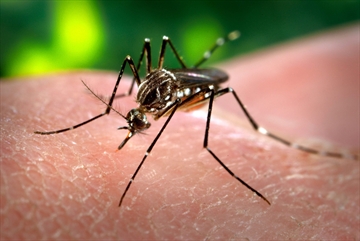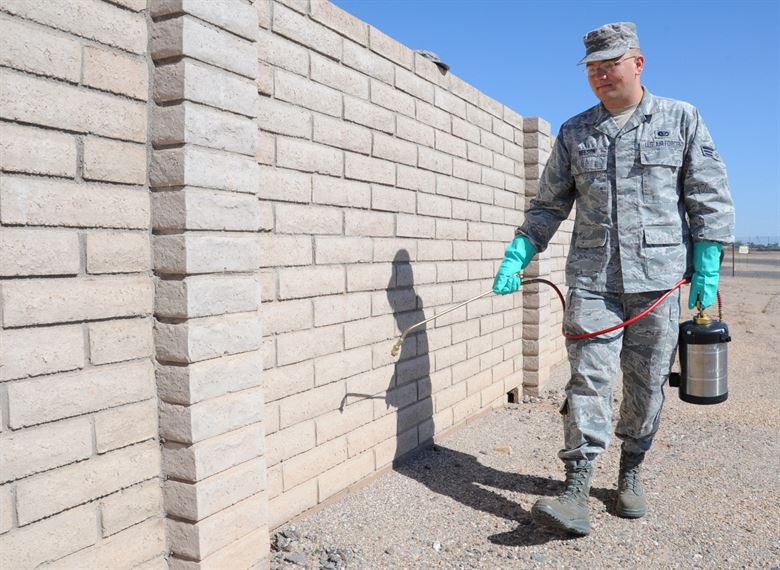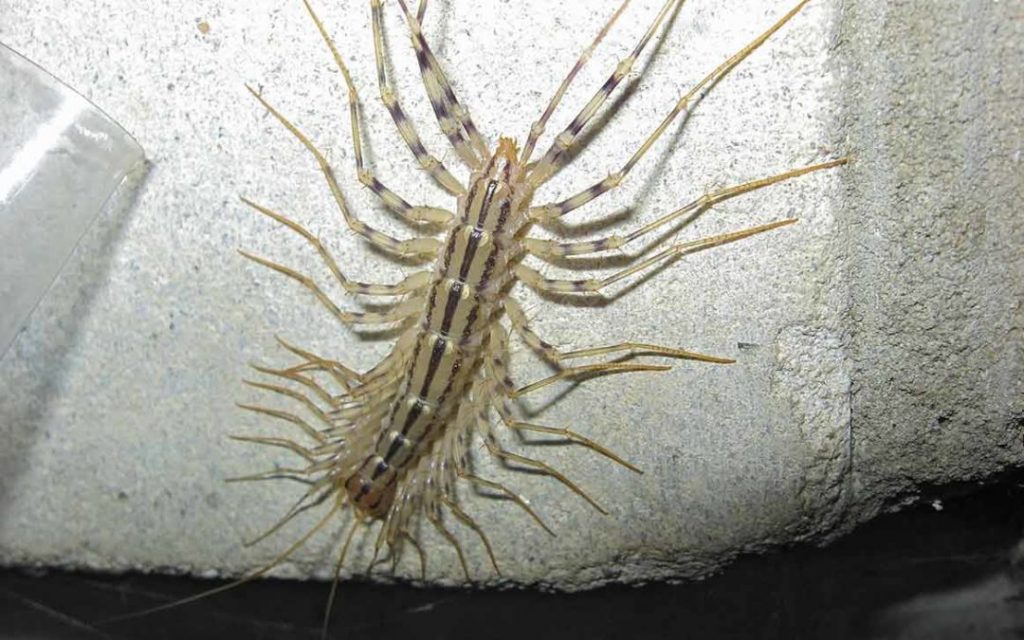West Nile Virus: Too early to predict risk this season
Health officials say it’s too early to know if West Nile virus — the mosquito-borne infection that in rare cases causes death — will be as bad as last summer.

Health officials say it’s too early to know if West Nile Virus – the mosquito-borne infection that in rare cases causes death – will be as bad as last summer.
But a cold winter and spring bode well for lower risk.
West Nile last year was the worst it has been in Hamilton since monitoring began in 2002. In 2012, 20 people were reported ill and one died. There were only two cases in 2011, and no deaths since 2002, when there was one.
The past two years however, show the highest virus levels – 31 mosquito batches tested positive in 2011 and 33 in 2012.
The good news so far is that spring cold temperatures created poor conditions for breeding among mosquito species transmitting the virus to humans. But if temperatures go up and stay higher, that could change.
“The fact our winter was fairly cold and our spring not as warm as last year, at this point, we don’t know if we’ll see the same level (of infection) as last year,” said Susan-Harding Cruz, the city’s public health vector-borne diseases manager. “If temperatures continue like this, we would expect not as much mosquito and West Nile Virus activity.”
Harding-Cruz said the colder it is, the longer it takes mosquitoes to breed. The shortest time from egg to adult stage is one week, at temperatures of 18C or above. Temperatures in the 30s slow it down again.
The rain this spring contributed to better breeding conditions, but the temperatures did not, so “it’s so hard to predict what the summer will be like,” Harding-Cruz said.
The city set its yearly 30 mosquito traps throughout Hamilton last week to monitor the virus. The earliest positive mosquito batch was found in mid July last year, Harding-Cruz said.
The city’s mosquito larva monitoring of roadway catch basins started June 3 and its larvicide program starts next week. Treatment of standing water in ditches at 400 city properties started at the end of May, she said.
Hamiltonians are currently at a low risk of getting the virus, but it still important for people to take precautions, Harding Cruz said, adding that DEET products to ward off mosquitoes will also repel ticks.
The province is working on a West Nile prediction model, but “each season is different because of the weather; it’s so difficult to predict…It seems if there is a mild winter and spring, it will result in more mosquito activity and more actual cases. That seems to be the pattern…”




